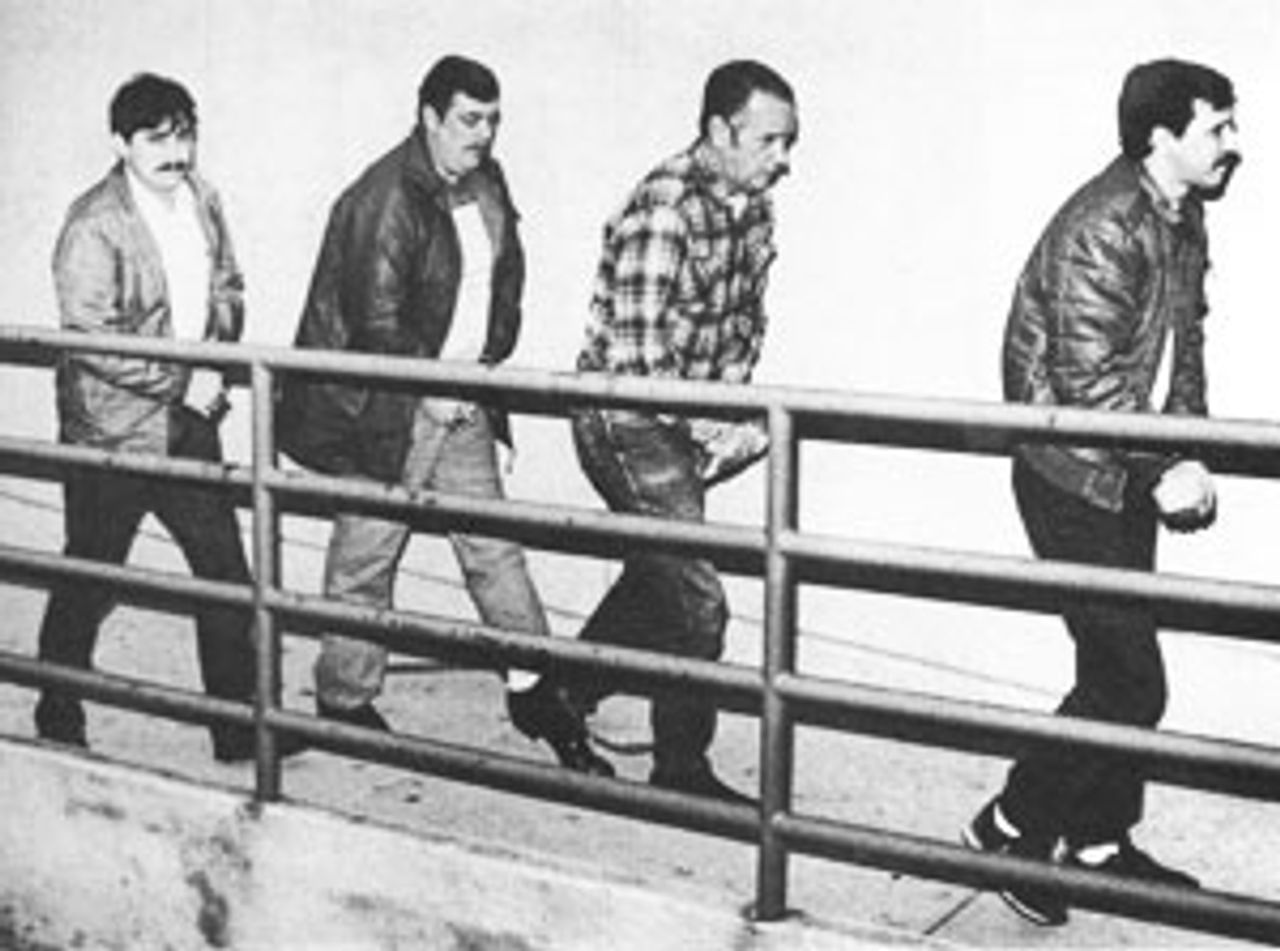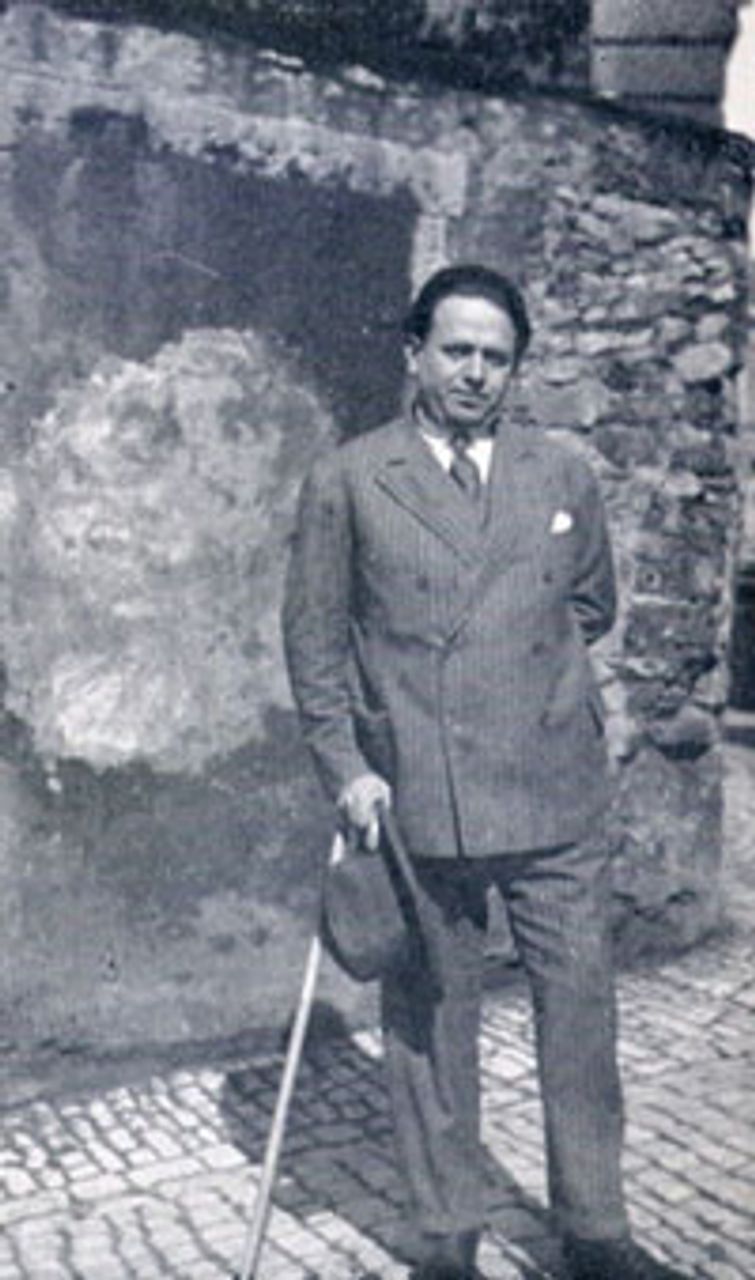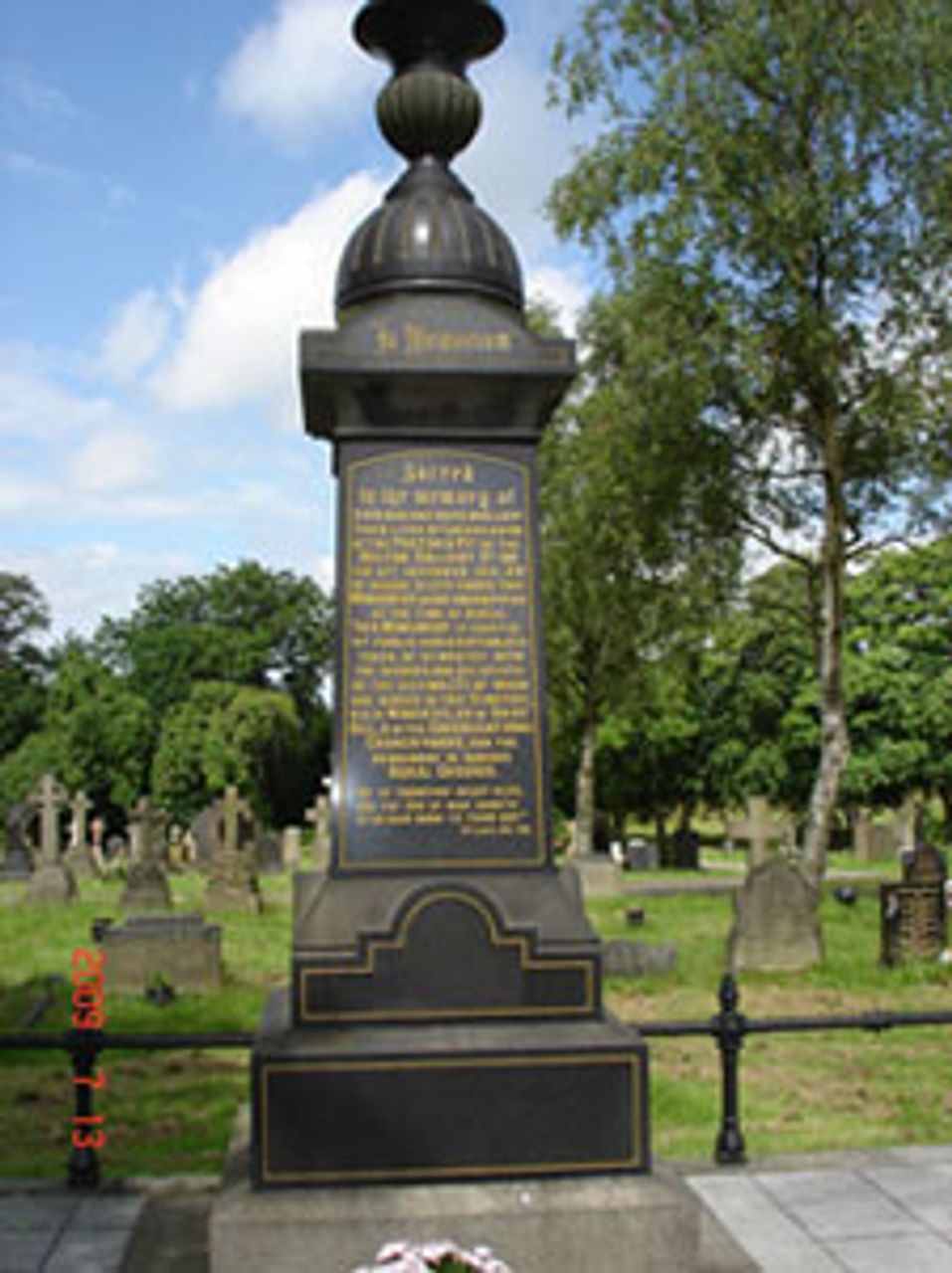This Week in History provides brief synopses of important historical events whose anniversaries fall this week.
25 Years Ago | 50 Years Ago | 75 Years Ago | 100 Years Ago
25 years ago: Trumka calls off UMW Massey Strike
 Framed Kentucky miners
Framed Kentucky minersOn December 20, 1985, United Mine Workers head Richard Trumka called off a 15-month-long strike of 1,100 West Virginia and Kentucky coal miners against the A.T. Massey Coal Company, ordering workers back on the job “unconditionally.” The strike had seen hundreds of arrests and the virtual militarization of a large section of Appalachia under the control of heavily armed company goons.
The back-to-work order from the UMW marked another major defeat for US workers, who all across the country were engaged in bitter and tenacious struggles to fight off wage-cutting and union-busting. In every case these struggles were consciously isolated and choked off—if they weren’t declared illegal—by the AFL-CIO bureaucracy.
lt;p>Trumka declared victory in defeat, citing a recent National Labor Relations Board settlement ruling against Massey’s practice of treating its 25 mining affiliates as separate entities for the purpose of hindering union organization. “The strike is over and the UMW members, their families and the people of southern West Virginia and eastern Kentucky have won,” Trumka said.
In fact, the back-to-work order included no guarantees protecting miners from retaliation and did not require Massey to adhere to the 1984 UMW contract with the Bituminous Coal Operators Association (BCOA), or any other union contract. Massey immediately declared it would not rehire workers who it claimed were involved in “strike misconduct.” Returning union miners were to work under the same contract presented to the strikebreakers who took workers’ jobs during the struggle.
Don Blankenship, president of Massey affiliate Rawl Sales and Processing Company in Matewan, West Virginia, which had seen the most violent assaults on workers by company goons and police during the strike, boasted that no more than 200 of the original UMWA miners in the affiliate would be brought back.
50 years ago: National Liberation Front founded in South Vietnam
 A postage stamp commemorating the NLF
A postage stamp commemorating the NLFOn December 20, 1960, the National Liberation Front (NLF), also known as the Viet Cong, was founded in South Vietnam, which was then under the dictatorship of the US puppet Ngo Dinh Diem.
The founding of the NLF, spearheaded by communists and socialists in South Vietnam and supported by the government in North Vietnam, aimed to rally behind it the broad sentiment against the pro-western regime in the South and the popular aspirations of the masses for land and wage reform.
In this the NLF was successful. With open political activity proscribed by Diem and his Central Intelligence Agency (CIA) handlers, the struggle of the masses in South Vietnam necessarily took on an insurrectionary character. The growing influence of the NLF exposed the isolation of Diem, who was dependent upon a thin layer of the Saigon elite and, increasingly, US arms and “advisers.”
The emergence of the NLF was only the latest wave of the Vietnamese revolution, which was guided by anti-colonial nationalism far more than socialism. The Vietminh first took up arms at the end of WWII against the Japanese, who had briefly supplanted the French in Southeast Asia. After Japan’s defeat, Paris sought to reassert its control in a war that lasted between 1946 and 1954, culminating in the humiliating surrender of Dien Bien Phu. With the backing of Moscow and Beijing, Vietnam was divided, North and South, but the Diem regime abandoned promises to hold democratic elections, with US President Dwight Eisenhower stating, “80 per cent of the population would have voted for the Communist Ho Chi Minh.”
75 years ago: German author Kurt Tucholsky commits suicide
 Tucholsky in Paris, 1928
Tucholsky in Paris, 1928While living in Swedish exile, the German Jewish author Kurt Tucholsky, took his own life on December 21, 1935. Tucholsky was a member of the Social Democratic Party, a lifelong socialist, and one of the first prominent European cultural figures to warn of the dangers posed by fascism in Germany.
Tucholsky initially left Germany to live abroad in 1929 after the right wing response to the publication of his famous satire Deutschland, Deutschland über alles made him fear for his intellectual autonomy and even his life. The Nazis later stripped him of his German citizenship. By the time of his death Tucholsky was listed by the Nazi regime on the “Degenerate Art” (Entartete Kunst) blacklist, his work censored and incinerated in book burning ceremonies organized by the Nazis.
His famous pointed satire about the absurdities of German fascists, monarchists and assorted right-wing forces and his protracted stint as the editor of the leftist intellectual journal Die Weltbuhne (The World Stage) made him many enemies in German right-wing circles.
Tucholsky was deeply troubled by the persecution of his successor as editor of the Die Weltbuhne, Carl von Ossietzky, who was imprisoned first under the SPD government in 1929 for publishing leaked military documents revealing the rearmament of the German airforce, and then by the Nazis. Tucholsky regretted not returning to Germany to defend von Ossietzky, but he helped to gain him the Nobel Peace Prize. Von Ossietzky eventually died in a Nazi concentration camp.
100 years ago: Mine disaster in England kills 344
 A memorial to the Pretoria Pit victims
A memorial to the Pretoria Pit victimsOn December 21, 1910, one of the worst workplace disasters in British history took place when an explosion in the Pretoria pit near Manchester in northwest England killed 344 men and boys. Only three survived.
The explosion is believed to have resulted from a roof collapse the day earlier, which caused a build-up of explosive methane gas and coal dust. This may have been ignited by a malfunctioning electrical lamp.
Because fathers, brothers, and sons often worked the same coal seam, numerous families in the area lost more than one member. Perhaps the worst affected was Mrs. Mirriam Tyldesley, who lost that morning her husband, four sons, and two brothers. Several of the dead miners were only 13 years old, and 35 of the victims were aged 15 or under.
A paltry relief fund of 145,000 pounds was established for the thousands of widows and children left behind by the disaster. A jury acquitted the company that owned the mine, the Hulton Colliery Company, of responsibility.
